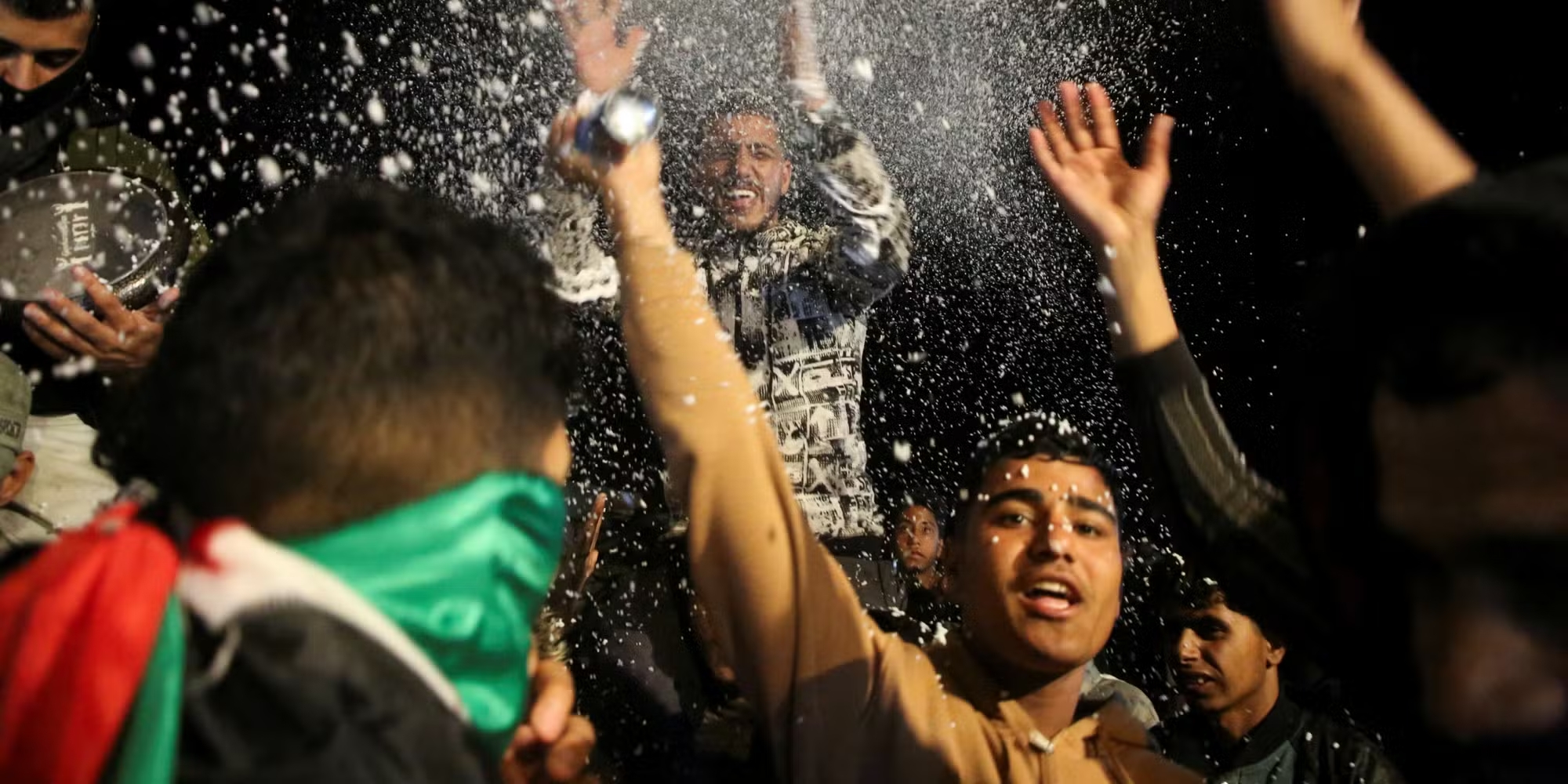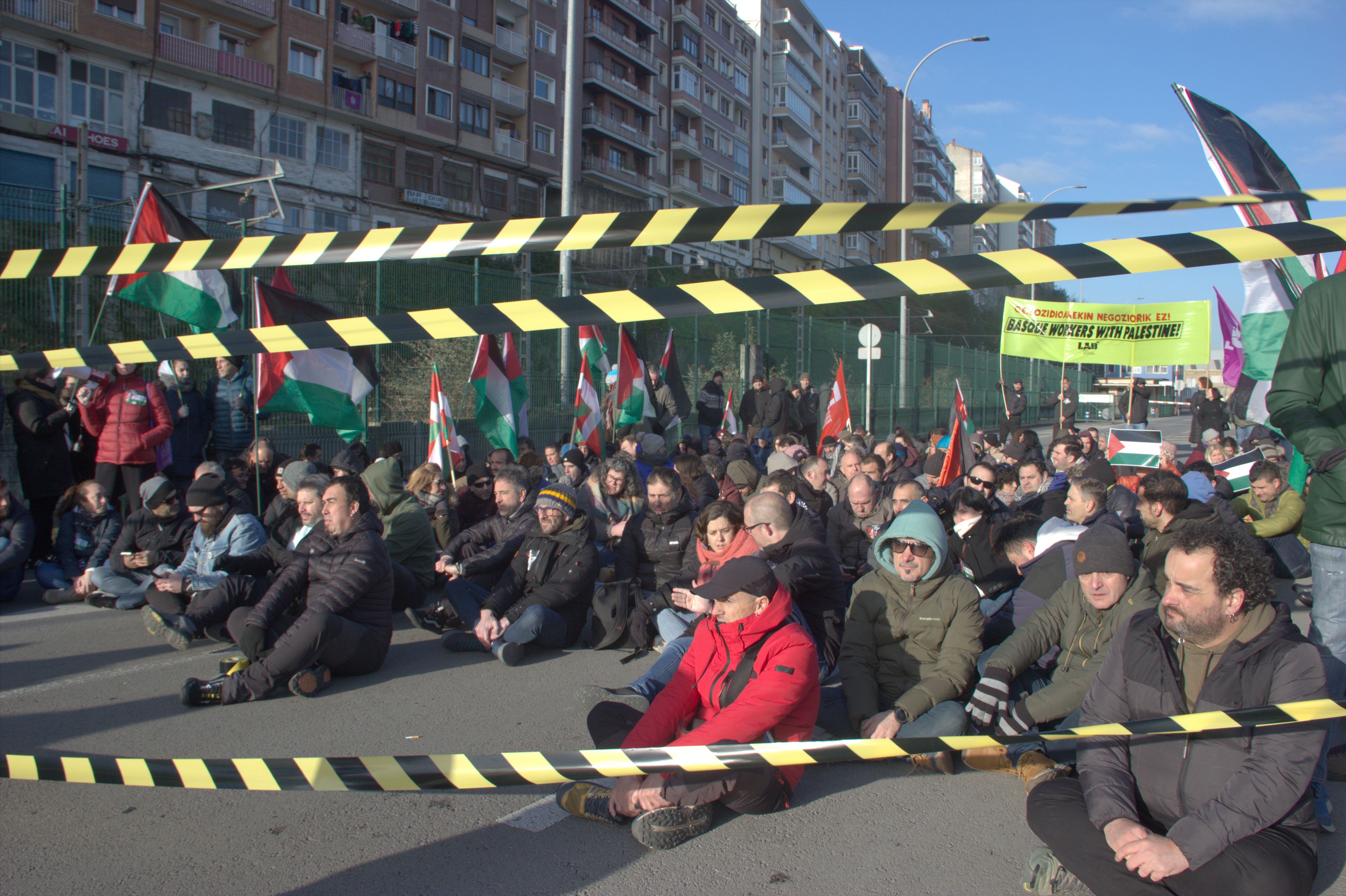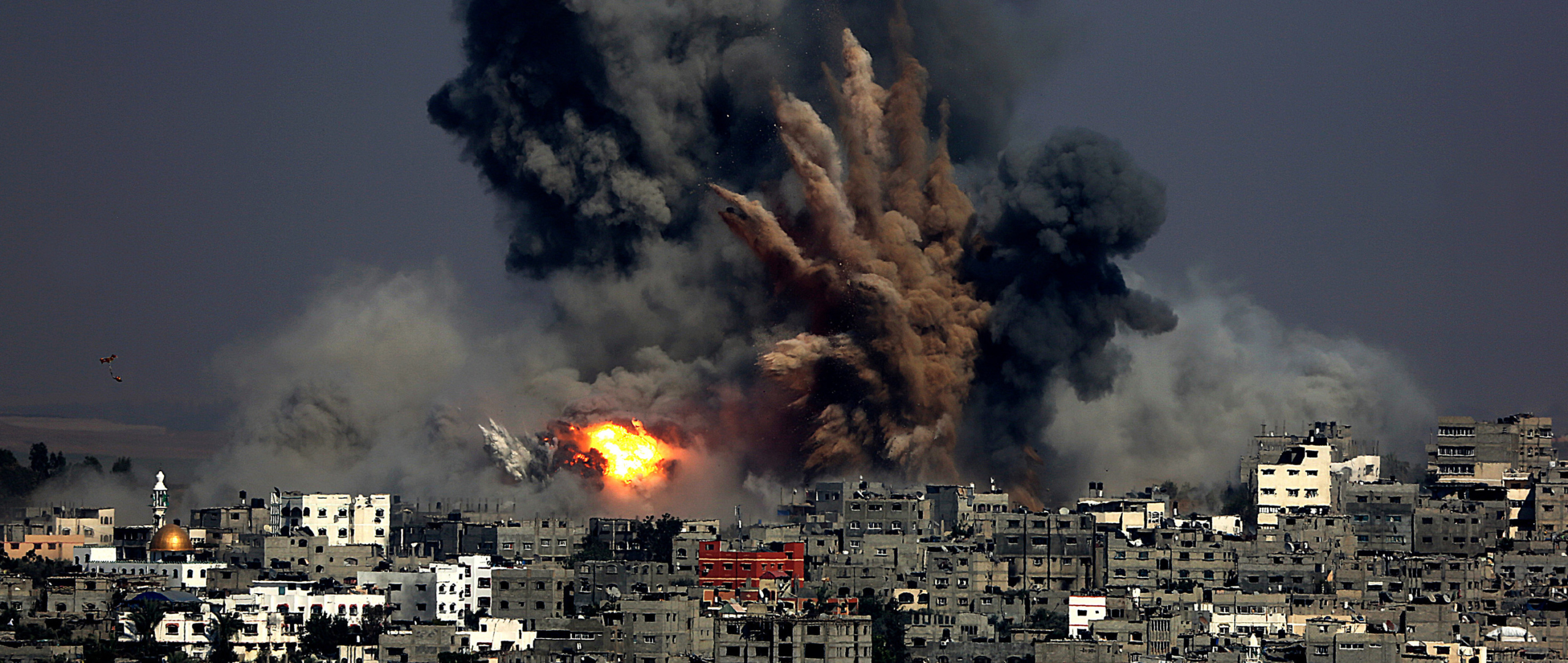What are the Israeli colonies?
- The case of three young Israelis killed at the exit of a colony in the vicinity of Hebron opens the door to a policy of revenge: hundreds of deaths and thousands of wounded have caused the last military operation by the Israeli army. And at the source comes the problem of colonies.
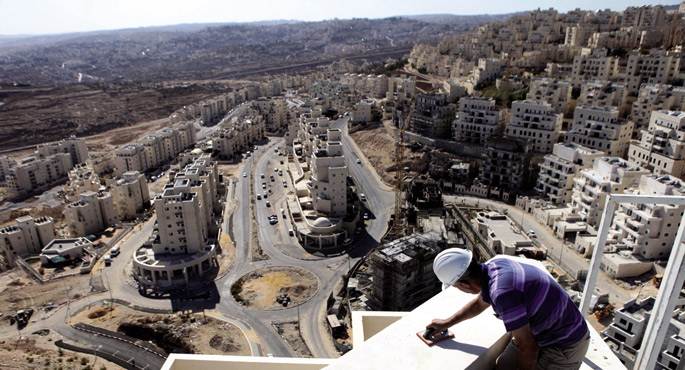
These are the colonies that are built on the occupied Palestinian lands of Israel. The Jewish communities live there. These armed fortifications in the form of chalets violate the United Nations Convention for Geneva. Despite the express ban on taking population to militarily occupied lands, Israel has done the opposite since the occupation of the West Bank in the 1967 war.
Why act against international law?
With the construction of these villages, the Israeli Government wants to secure land ownership in the face of what this would mean in a future peace agreement. The dismantling of the colonies has been one of the main reasons for not reaching a peace agreement with the Palestinians. It is a letter of pressure from Israel: all agreements must include the survival of the colonies. The Palestinians, as you know, say that you cannot negotiate on a land that Israel has de facto occupied by force. Since the beginning of the Oslo negotiations in 1993, the number of Israeli settlers living in Palestinian territory has doubled. Today, there are about half a million settlers.
What has prompted someone to live in an illegal and militarized zone?
Religion is the main argument of those who are willing to take these risks. The settlers believe that God has given the Jews the right to live there. However, there are other reasons that are easier to understand: Settlers pay less taxes. They have specific support for housing and credit. Companies receive subsidies to settle in the colonies. Thanks to this aid there is a great deal of work in the colonies and, although it is paradoxical, the settlers have no other way to give jobs to the Palestinians.
On the other hand, 75% of the settlers (360,000) are of ultra-orthodox origin. It is therefore necessary to add to general aid the special aid which is expressly available to this religious community. Six out of ten ultra-orthodox communities do not work. Torah, they are dedicated to studying his holy book and receive a pension of 500 euros a month. They also receive special help for children. It should be borne in mind that ultra-orthodox families have on average between five and seven children. And they are exempt from compulsory three-year military service in Israel.
In the Palestinian lands, a road network of more than 200 kilometres has been built and can only be used by settlers. There are thousands of Israeli soldiers in the West Bank who have no other purpose than to protect the colonies and the settlers. Checkpoints, nightly curfew, pre-emptive arrests without charges and a multitude of restrictions are the consequences for Palestinians of military authority.
How does it affect the resolution of the conflict and the creation of a possible Palestinian state?
The West Bank is today a kind of Gruyère cheese, made up of many small areas that live disconnected from each other. Although the colonies occupy 3 per cent of the territory of the West Bank, roads, military bases, infrastructure around Checkpointen, the Wall and other security areas occupy 40 per cent of the territory.
Over the years, peace negotiations begin, they stop, they are suspended and they resume. In the meantime, the reality is that the Israeli Government is increasingly taking away more land from the Palestinians, who have already been liberated.












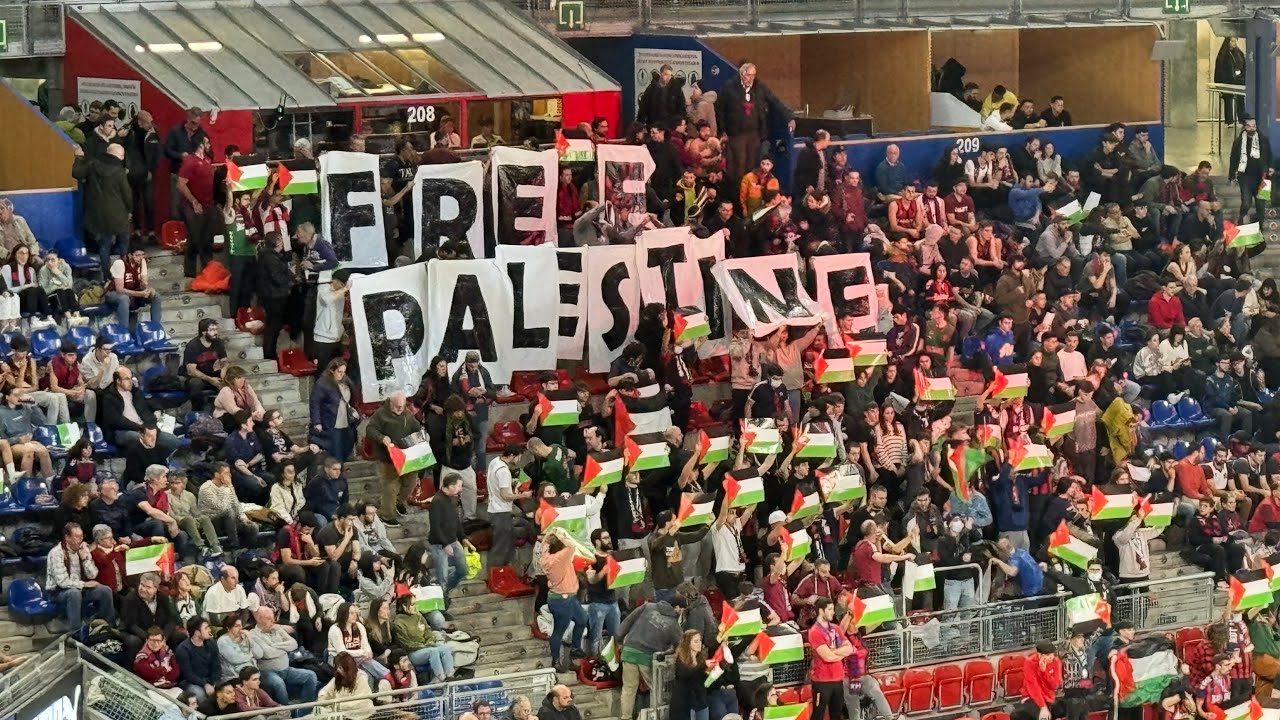



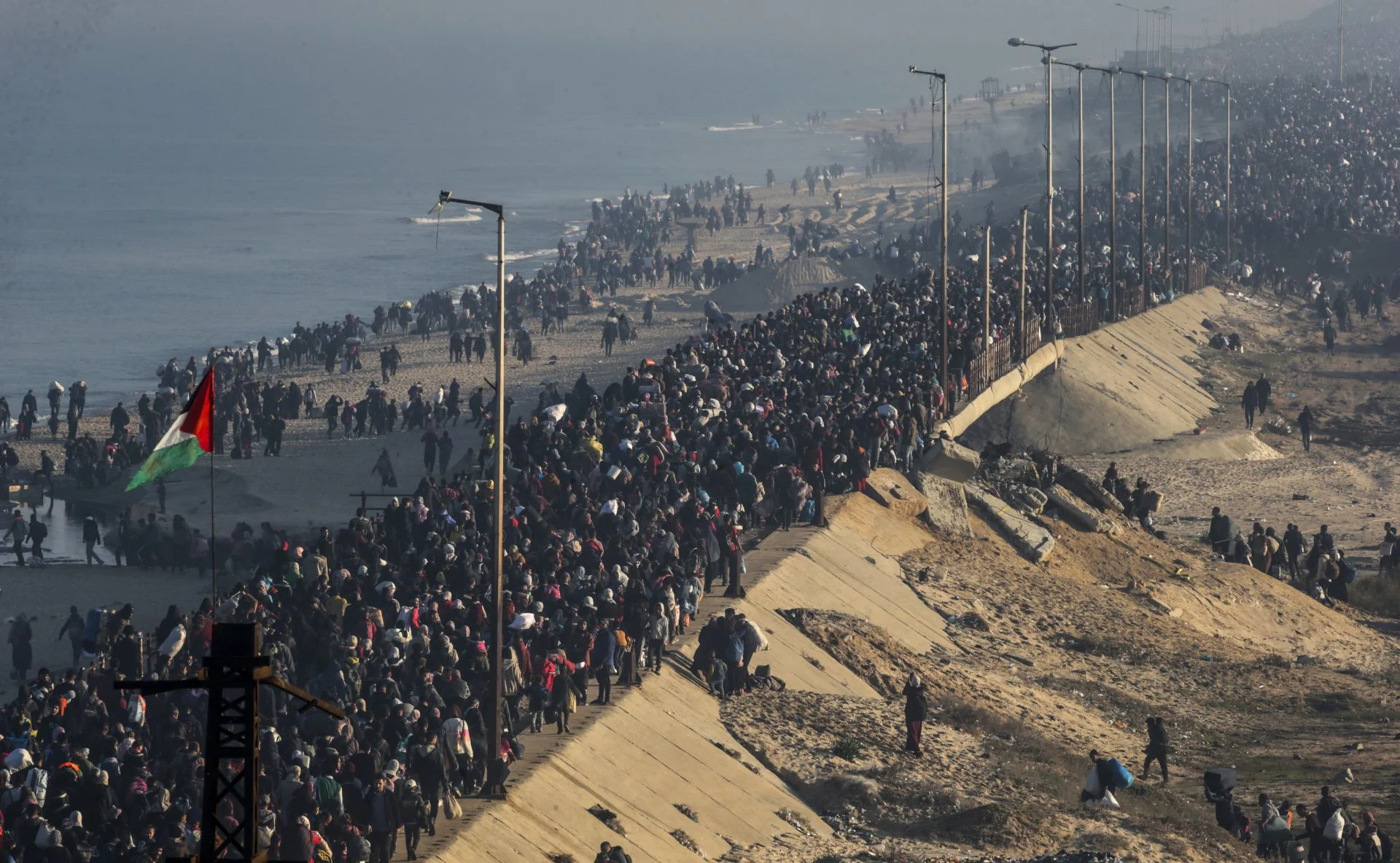
.png)
.jpg)

